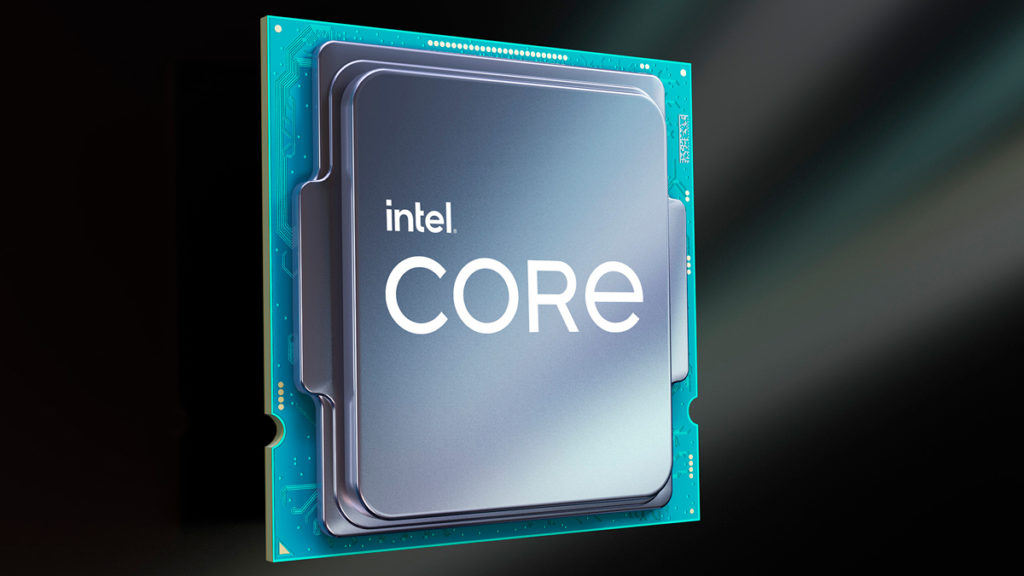It's pretty telling that Intel only pulled their heads out and said. "Ohhh yea security" once AMD had them at an IPC disadvantage while being more secure.
Not at all. Skylake predates Zen by four or five years, and AMD had the benefit of the research that had been published in the interim. Intel had to backport all kinds of architectural improvements because they couldn't make 10nm or 7nm work. They never planned to do anything on 14nm after Skylake.
So Intel is in this ****ter and in my book needs to prove itself to be high performance AND security designed before I personally buy another of their CPU's. And before I recommend another Intel CPU for the company I work for as an Engineer/Architect.
I guess that depends.
On security alone, I cannot disagree, but as I noted above there's risk involved that must be balanced. It should also be said in this context that a perfectly secure system will never do any work. Business comes first, otherwise there is nothing left to 'secure'.
Where AMD can fall short at the enterprise level is... well, worthy of a PhD study. Everything from supply to compatibility to stability with legacy code is in play, and that's not just the CPUs, but also the platforms that they must come with, and the hardware that they all must also operate with.
Intel has the 'establishment' advantage here, not just in terms of mindshare, but also in literally everything else. And to put that somewhat into perspective, the hardware cost, while hitting five-figures easily when it comes to servers, is still just a small fraction of the value that is generated. Price versus performance can matter very, very little once a minimum performance threshold has been met, and other things then matter far more.
Intel is still deserving of criticism, especially given the follow on effects of their negligence in the enterprise, but they also still deliver value.
Another perspective: mobile.
I can't get a Latitude with a nice AMD APU. Can't get a Macbook Pro with one either, or an XPS. Or whatever HP pretends are equivalent in their lineup. I'm leaving Lenovo out on purpose, and have no idea if anyone else makes something comparable; for certain they don't have Dell's service if they do.
And I do blame AMD for that a bit. Platform stability, drivers, battery life... that all counts,
on top of actually getting their products in vendors' hands, in volume.
And I say that while typing on an XPS 15 that I had initially searched for an AMD solution instead of the i7 I wound up getting. Not only are the AMD parts unavailable in nicer laptop chassis, but I also ran across multiple reputable reviews that listed stability issues with content creation workflows.
Yeah, I'll deal with the i7. CPU performance actually wasn't a primary concern; stability and ergonomics were.

